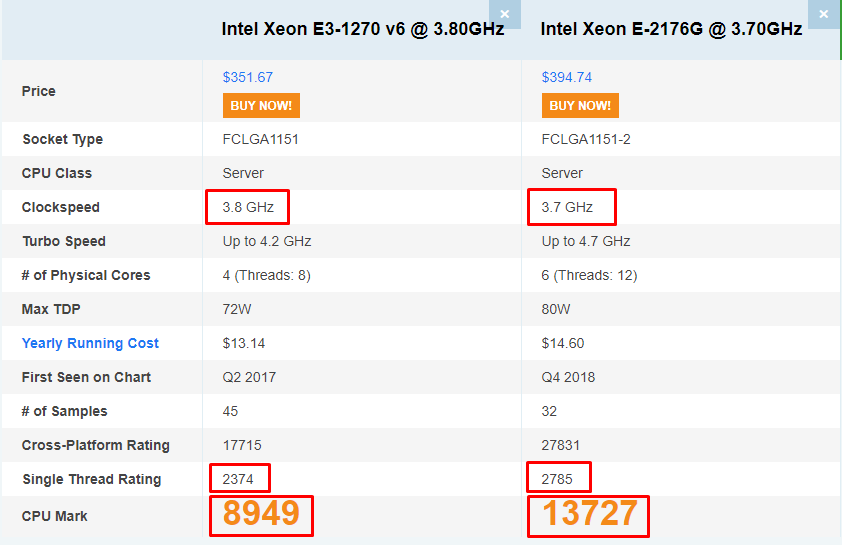How to Choose a Processor for Your VPS?
When choosing a virtual private server (VPS hosting), one of the key aspects is the processor. The processor is the heart of the server, responsible for data processing and task execution. In this article, we’ll look at how to choose the right processor for your VPS, considering various factors.1. Choosing the Processor Type
There are several types of processors that can be used in a VPS. One of the most popular is the Intel Xeon processor, which provides high performance and reliability. Other popular options are AMD and ARM processors.
2. Number of Processor Cores
When choosing a processor for a VPS, it’s important to consider the number of cores. The more cores the processor has, the more tasks it can process simultaneously. It is recommended to choose a processor with a minimum of 2 cores to ensure stable performance.
3. Processor Clock Speed
The processor’s clock speed also plays an important role when choosing a VPS. The higher the clock speed, the faster the processor can perform tasks. However, in addition to the clock speed, it is also worth considering the processor architecture and its cache memory.
4. Virtualization
When choosing a processor for a VPS, you should also pay attention to virtualization capabilities. Some processors support hardware virtualization, which allows you to run multiple virtual machines on a single physical server with minimal performance loss.
5. Cost and Budget
Finally, when choosing a processor for a VPS, you should also consider its cost. The most advanced processors can be expensive, but don’t always justify their price. It is recommended to choose a processor that matches your budget and performance requirements.
In conclusion, choosing the right processor for your VPS can significantly affect the performance and stability of your server. When choosing a processor, consider the type, number of cores, clock speed, virtualization capabilities, and budget to ensure optimal performance of your VPS.




